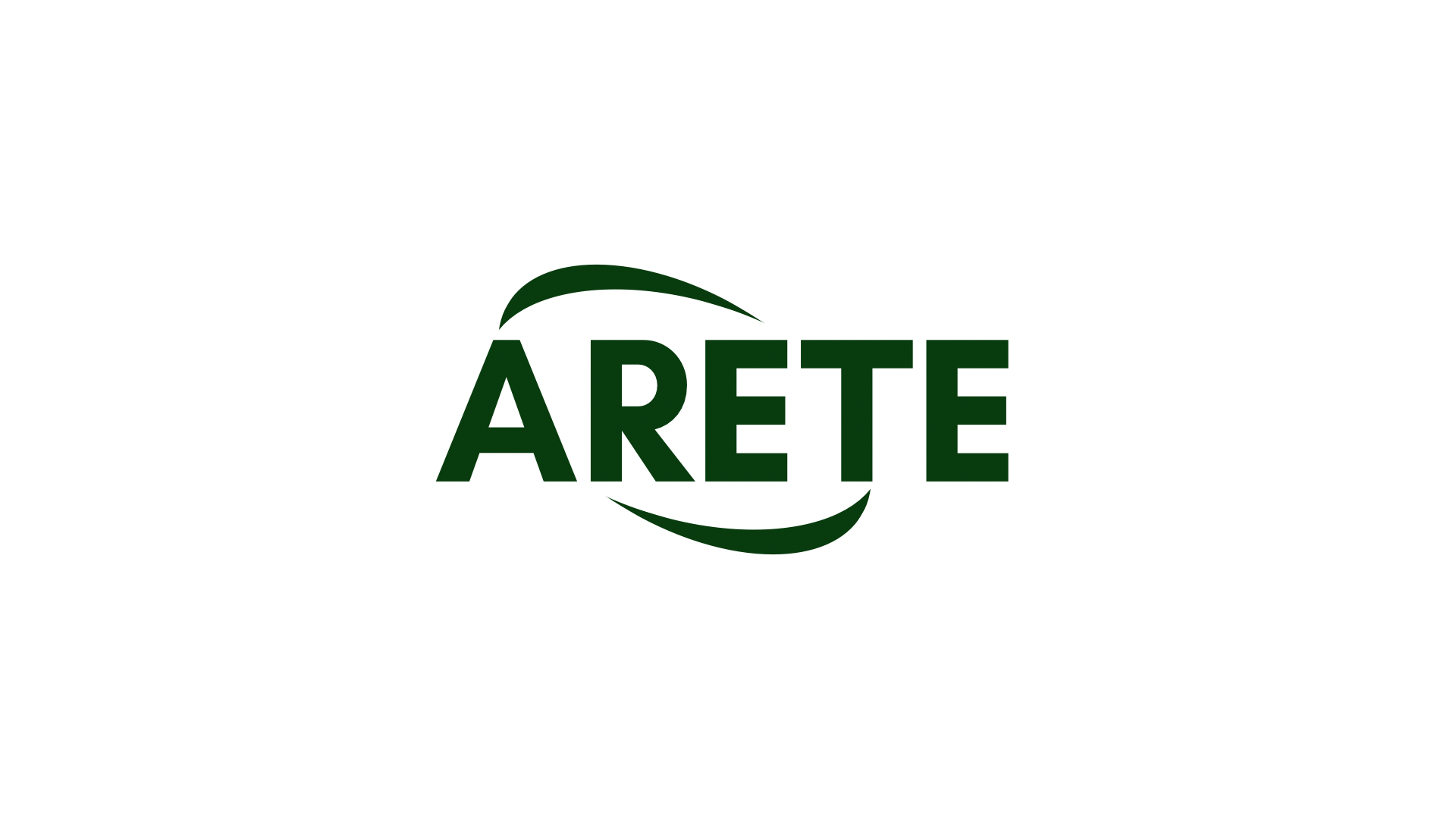Regulating AI in the Crypto Sphere: A Necessary Step?
The rapid growth of artificial intelligence (AI) has been transforming a variety of sectors, including finance, healthcare, and transportation. As AI technology becomes increasingly prevalent, concerns about its potential impact on the crypto sphere have also grown. Regulating AI in this sphere is crucial to prevent unforeseen consequences and ensure the long-term adoption of AI-driven solutions.
Why Regulation is Necessary
AI has the potential to disrupt traditional industries, creating new opportunities for growth and innovation. However, it also poses significant risks if not properly managed. For example:
- Job displacement: AI-powered automation could lead to job losses in sectors where tasks are repetitive or can be easily replaced by machines.
- Data protection: The vast amounts of personal data generated by AI systems require robust safeguards to prevent unauthorized access and exploitation.
- Cybersecurity
: AI-driven systems increase the risk of cyber threats, which can have severe consequences for individuals, businesses, and governments.
Current Challenges in Regulating AI
Currently, regulatory frameworks for AI are still in the early stages of development. While there is growing recognition of the need for regulation, several challenges hinder the creation of effective regulations:
- Lack of standardization: There is no universal standard for AI development, deployment, and use.
- Complexity: AI systems can be complex and difficult to understand, making it challenging to develop effective regulations.
- Interdisciplinary nature: AI involves multiple disciplines, including computer science, mathematics, engineering, and law, which requires coordination across different domains.
Potential Solutions: A Balanced Approach
To address the challenges in regulating AI, a balanced approach is necessary:
- Industry-led initiatives: Encourage industry stakeholders to develop voluntary guidelines and best practices for AI development and deployment.
- Government support: Governments should provide technical assistance, funding, and expertise to help regulate AI effectively.
- Regulatory frameworks: Establish clear regulatory frameworks that balance the need for innovation with concerns about job displacement, data protection, and cybersecurity.
Case Studies: Lessons Learned
Several countries have already implemented regulations or guidelines for AI development and deployment:
- China’s AI Regulation: China has introduced a comprehensive set of regulations aimed at ensuring the safe and responsible development of AI.
- EU’s AI Act: The EU has proposed an AI Act, which would establish a framework for AI regulation and provide a basis for future policies.
Conclusion
Regulating AI in the crypto sphere is essential to prevent unforeseen consequences and ensure the long-term adoption of AI-driven solutions. A balanced approach that incorporates industry-led initiatives, government support, and regulatory frameworks is necessary to address the challenges associated with AI development and deployment. As AI continues to transform various sectors, it is crucial that we prioritize responsible regulation to harness its potential while mitigating its risks.
Recommendations
- Develop comprehensive regulations
: Governments should establish clear regulations that address key concerns about AI.
- Encourage industry participation: Encourage industry stakeholders to contribute to the development of regulatory guidelines and best practices.
- Provide technical assistance: Governments, industries, and civil society organizations should work together to provide technical assistance and support for regulating AI.

